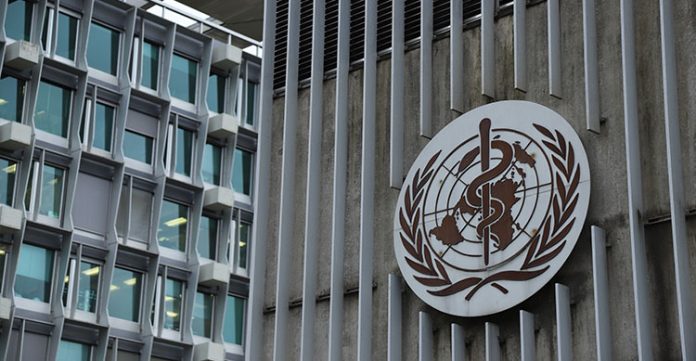In the latest update, the experts from the World Health Organization (WHO) have suggested that Covid-19 booster shots ought to be presented to tolerably and seriously immunocompromised individuals.
Sinovac, Sinopharm Booster Shots To Be Given To People Above 60
Following four days of talks last week, the WHO’s Strategic Advisory Group of Experts on Immunization (SAGE) on Monday suggested that such individuals ought to get a third portion of an antibody on the WHO Emergency Use Listing (UEL) as they are “less inclined to react enough to vaccination adhering to a guideline essential vaccination series and are at high danger of extreme Covid-19 infection”, reports Xinhua news office.
ALSO READ: Pfizer, Moderna Covid shots generates lasting immunity: Study
Since the end of September, a few Covid-19 antibodies have been guaranteed by the WHO UEL, including Pfizer-BioNTech, Janssen, Moderna, Sinopharm, Sinovac, AstraZeneca, and Covishield.
SAGE said it had additionally checked on COVAXIN, made by India’s Bharat Biotech, and an arrangement proposal will be given once the immunization is endorsed by the WHO UEL.
Third portions of the Chinese Sinovac and Sinopharm inactivated infection antibodies ought to be presented to those more than 60, said WHO specialists.
SAGE Urges To Maximize Second Dosage Coverage
In the mean time, the utilization of a heterologous (or live infection) hit for the extra portion may likewise be viewed as in light of antibody supply and access contemplations.
“While carrying out this proposal, nations ought to at first target vaccination two-portion inclusion in that populace, and from there on regulate the third portion, beginning in the most seasoned age gatherings,” SAGE said.
The WHO had before required a worldwide ban on Covid-19 booster dosages, focusing on a more impartial dissemination of antibodies internationally to empower each nation to inoculate something like 40% of its populace.
Last week, the Organization reported a drive to immunize 40% of the number of inhabitants in each country against Covid-19 before the finish of 2021, and 70 percent by mid-2022.
This drive would focus on vaccine delivery to low-pay nations, especially those in Africa.


